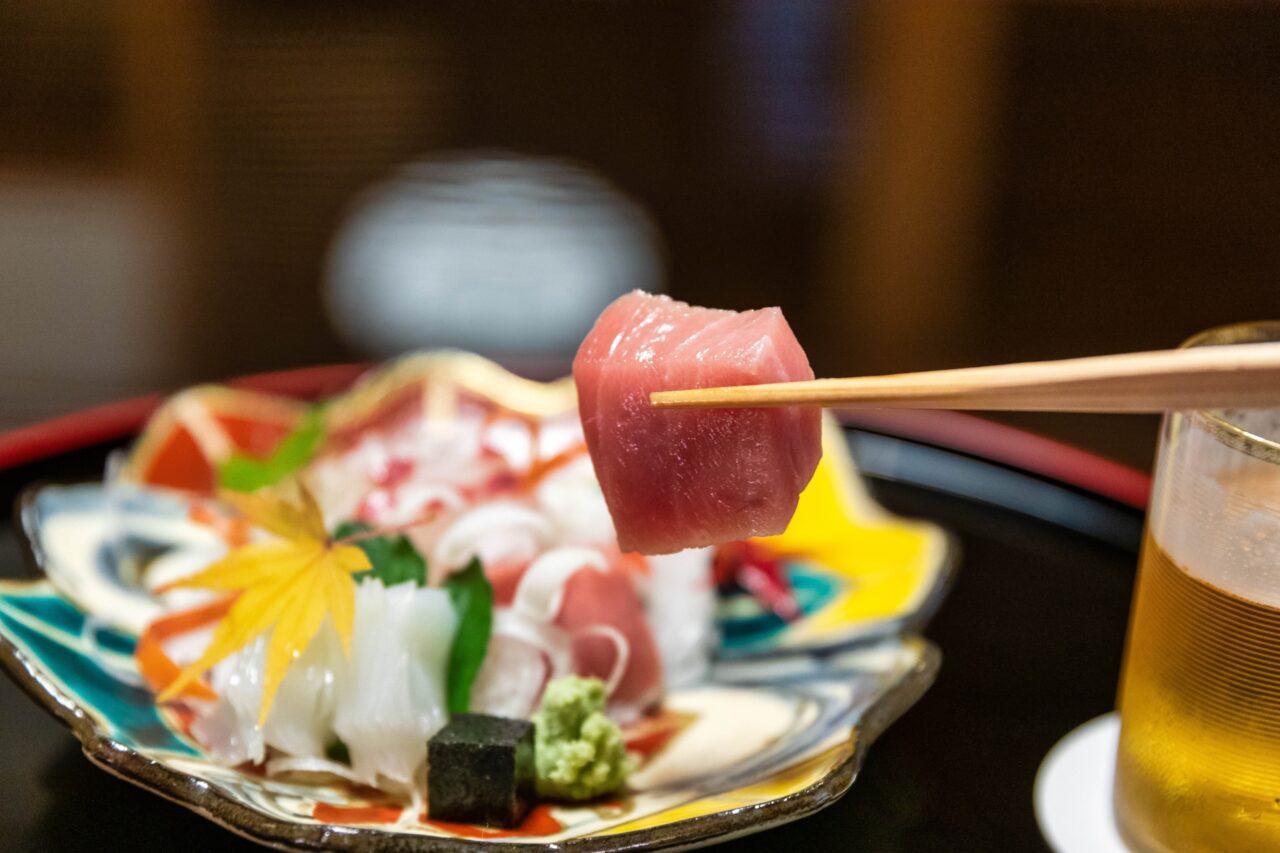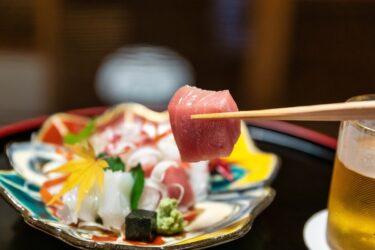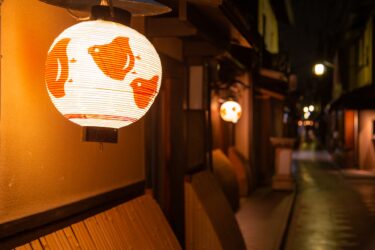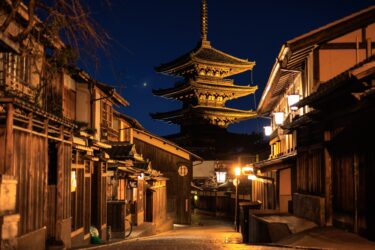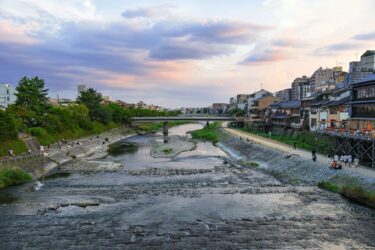As Japan’s cultural heart, Kyoto is renowned for its temples, traditional tea houses, and breathtaking landscapes. It’s the place most people visit to experience traditional arts and cuisine. And while it may seem daunting to find Halal food in a city steeped in tradition, Kyoto is becoming increasingly accommodating for Muslim travelers. From authentic Turkish cuisine to Halal-certified ramen and even kaiseki (multi-course high-end Japanese dining), in this guide we’ll take a look at five of the best Halal dining options in Kyoto.
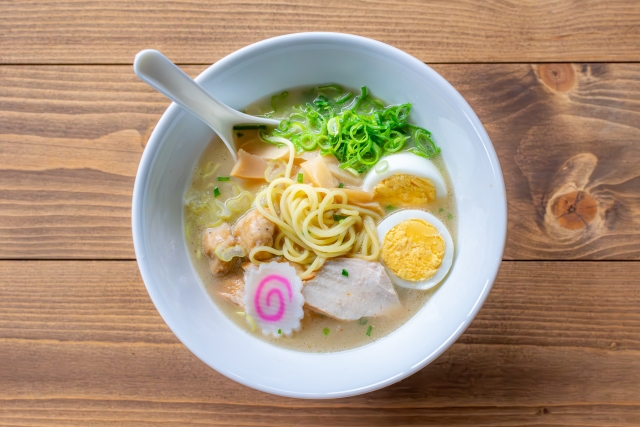
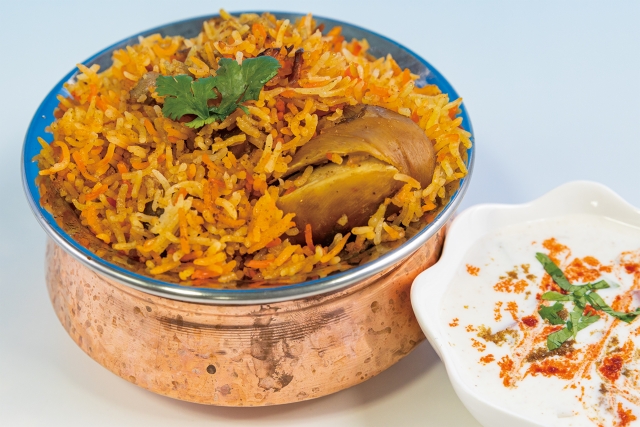
Top Halal Restaurants in Kyoto
1. Istanbul Saray
Located just south of Kyoto Shiyakusho-mae Station on the Kyoto Subway, in the downtown Sanjo Kawaramachi area, Istanbul Saray offers an authentic taste of Turkey in the heart of Kyoto. Known for its rich flavors and generous portions, this restaurant serves a variety of Turkish dishes, including kebabs, flatbread, and baklava. With a Halal certification and a welcoming atmosphere, it’s also perfectly located for enjoying a meal after exploring some of Kyoto’s iconic sights.
2. Salman and Sohel Halal Kitchen
If you’re in the mood for rich curries, Salman and Sohel Halal Kitchen is a must-visit. Specializing in Indian, Arab, and Turkish cuisine, this restaurant is a favorite for its wide range of Halal dishes, from fragrant biryani to juicy kebabs. Located between the Kyoto Gyoen National Garden and the banks of the Kamo River, it’s also a two-minute walk from a mosque at the Kyoto Islamic Cultural Center. If you prefer to stay at the restaurant, Salman and Sohel Halal Kitchen also has a prayer room onsite.
3. Kyo Kaiseki Restaurant Honke Tankuma Honten
Kyoto is famous for a number of different cuisines, and one of the more extravagant of these is the Kyoto version of traditional multi-course meal that reflects the changing seasons and the art of Japanese fine dining: kyo kaiseki. Kyo Kaiseki Restaurant Honke Tankuma Honten is one of the few places that offer a Halal-certified kaiseki experience, let alone one from a Michelin-starred restaurant (just be aware that you will need reservations at least a day in advance for halal kaiseki meals, which can be reserved for two or more people). From fresh sashimi to delicately prepared vegetables, each dish is crafted with precision. You can see more details about their Halal kaiseki course options—which include vegan and wagyu beef options—and prices on their website.
4. Ayam Ya Karasuma
Ramen is one of those dishes that’s usually off limits to those eating a Halal diet, but Ayam Ya Karasuma serves up hot bowls of Halal-certified noodles. Situated in Kyoto’s bustling downtown just minutes from Karasuma Station, it offers a chicken-based broth, and makes its own noodles. There are also options for more traditional shoyu (soy sauce) or spicy ramen, a best seller at Ayam Ya, even in the heat of Kyoto summers!
5. Ramen Factory Kyoto
If you want an even more hands-on experience, visit Ramen Factory Kyoto, where you can make your own Halal-certified ramen from scratch! Located near Demachiyanagi, this unique restaurant provides you with all the ingredients and guidance needed to create your own delicious bowl of ramen. It’s a fun, interactive way to learn about the intricacies of Japanese cooking while ensuring your meal is fully Halal.
Tips for Finding Halal Food in Kyoto
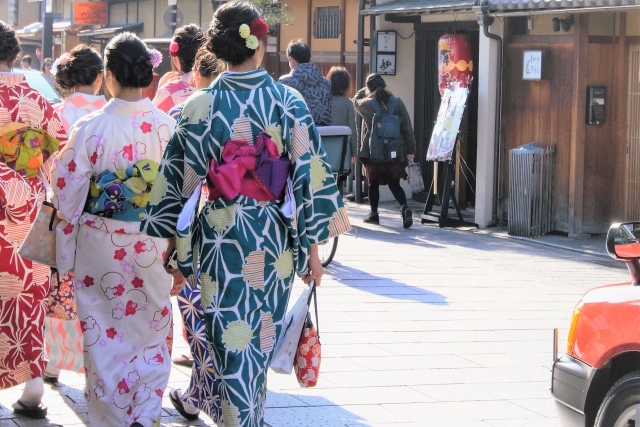
Although Kyoto is home to a growing number of Halal restaurants, it’s always helpful to have a few resources at hand when searching for Halal food. A few essential tools for Muslim travelers in Japan are Halal Navi, Halal Gourmet.jp and the Japan Muslim Guide. These apps and websites provide up-to-date information on Halal-certified restaurants, prayer spaces, and other Muslim-friendly services in Kyoto and beyond, so if you’re looking for even more options in other cities you visit in Japan, you’ll want to have these in your back pocket.
Aside from using these digital tools, it’s also helpful to understand how to navigate the local dining scene. Many restaurants in Kyoto, especially those that are not specifically Halal-certified, might still accommodate Muslim diners by offering seafood or vegetarian dishes. In such cases, asking questions about ingredients is key. Learning a few basic Japanese phrases, such as “Butaniku to arukōru wa haitteimasu ka?” (Does this contain pork or alcohol?), can help clarify whether a dish could be considered Halal.
If you’re staying at a ryokan or traditional guesthouse, you may also have the opportunity to request vegetarian meals in advance. Many ryokan are accommodating when it comes to dietary restrictions, but giving them prior notice is crucial to ensure they can prepare special meals.
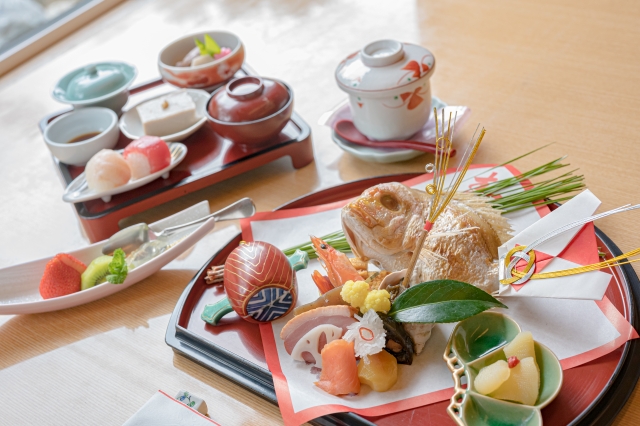
You might find that enjoying Halal food in Kyoto is easier than it might seem at first glance! The city is known for its deep-rooted traditions, as well as its serene beauty, but it’s becoming a more accessible destination for Muslim travelers. With a bit of looking, you’ll find a growing range of Halal-friendly or Halal-certified restaurants that allow you to indulge in Kyoto’s rich food culture. From Turkish delights at Istanbul Saray to the elegance of Halal kaiseki at Honke Tankuma Honten, plenty of culinary adventures await.

